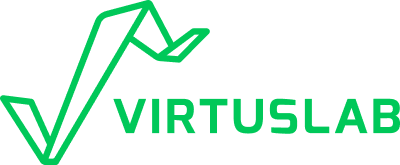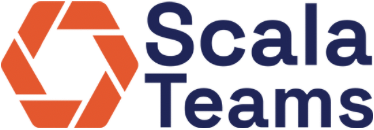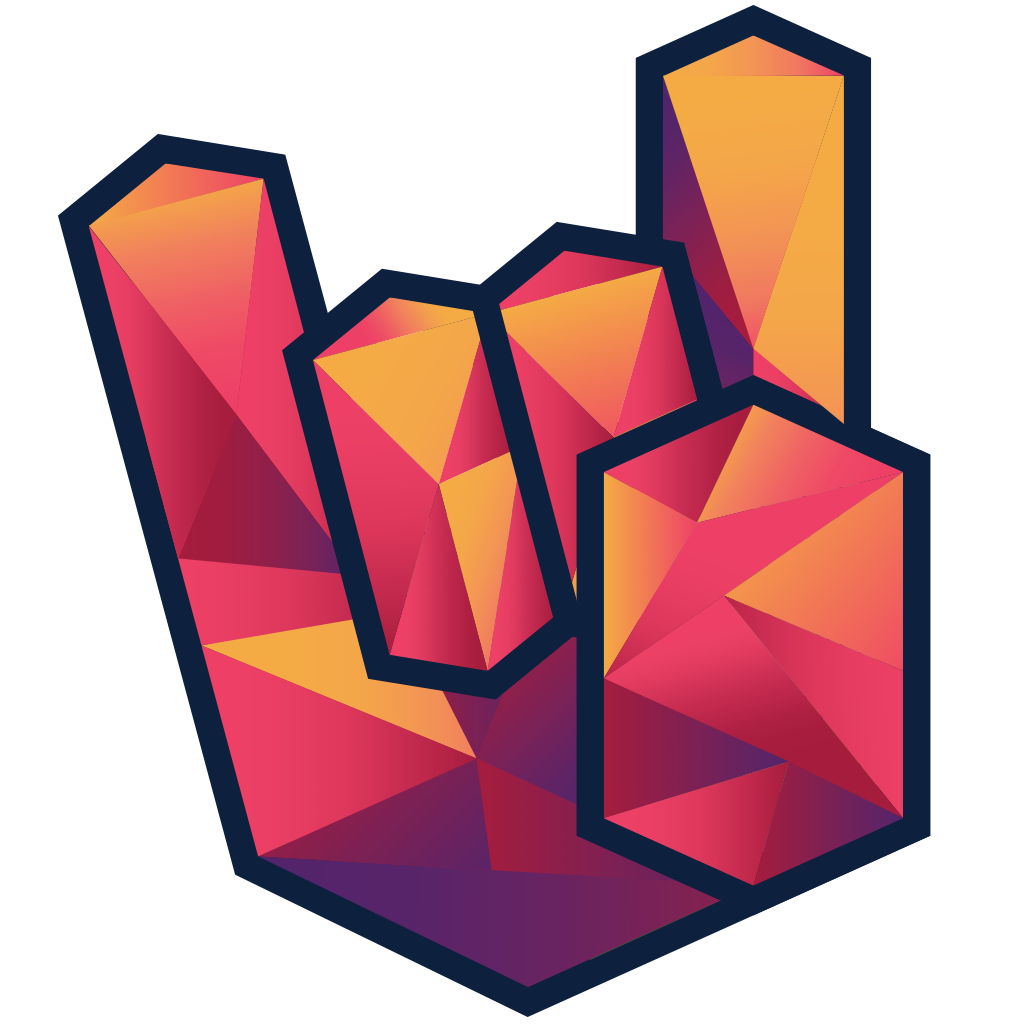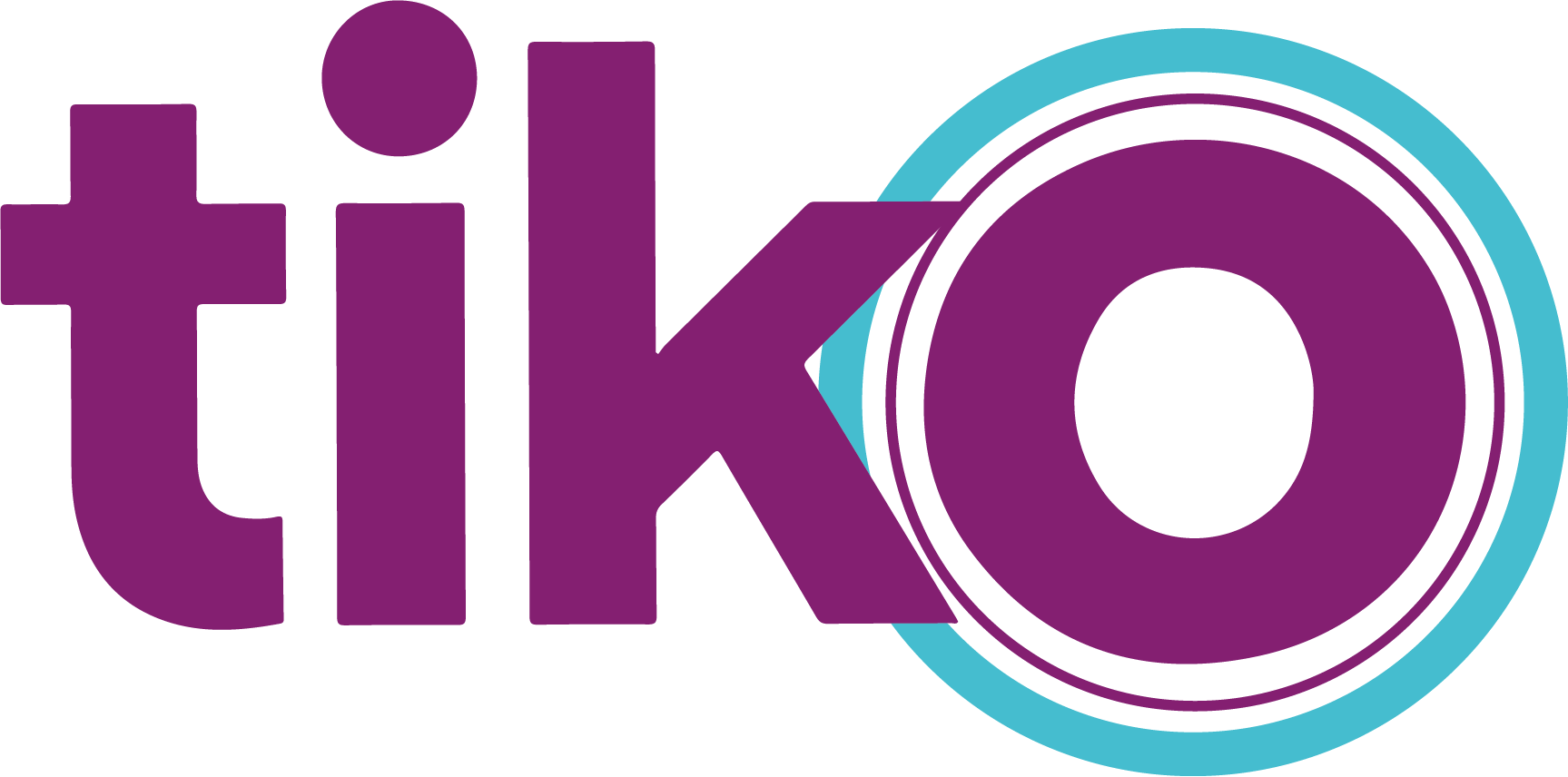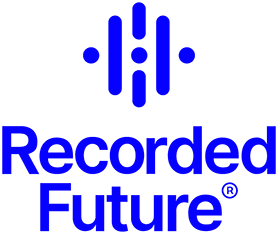Day 4 -
Aug 21st
Industry (Room 4A)
Using Scala in a Go-First Company
We introduced a very specialized Scala 3 project - a high-volume, real-time streaming pipeline for complex traffic data - at a company that does (practically) everything in go. Why would we do that? And would we do it again?
In the overall Data Engineering world, go has very little foothold; Python has been king in this space for many years now, and using Python for a project like this seemed like the obvious choice. In fact, I’ve been told that Scala is a dead language for data engineering several times!
In this talk, I’ll go over the details of why we chose Scala 3 instead of go, Python, or Java. We’ll cover things like
- How good abstraction is the difference between “software” and “scripts” (and how Scala has many mechanisms for this)
- Why schema evolution is a hard problem and how Scala’s type system helps us to tackle this
- How type classes allow for more generic (and well tested) data pipelines
And, perhaps more importantly: How we ensure the project remains maintainable for people who aren’t Scala experts. We’ll touch on writing maintainable, pragmatic Scala code, integrating Scala into go-focused developer tooling (CLI tools, CI/CD, testing, observability & more), as well as the long-term impact on hiring and tech debt.
And, of course, answer the question: Would we make that choice again?

Christian Hollinger
ngrok
I’ve been in the Software & Data world for practically my entire career. I started out with Scala using Spark and discovered the joys of functional programming by being throw in the deep end of a project using Tagless Final.
I run the data platform at ngrok, where we try to make networking simpler. When I don’t, I can either be found tinkering with my home servers or somewhere in the woods of North Georgia.
Join our conference
Subscribe and follow @ScalaDays on BlueSky for the latest conference updates.
